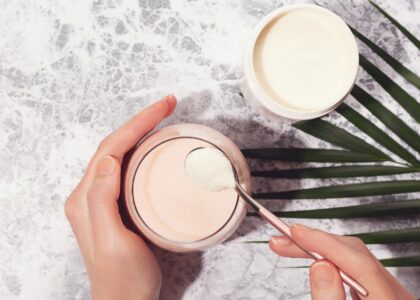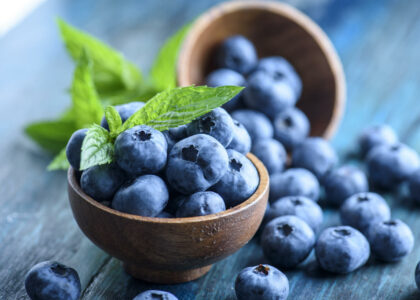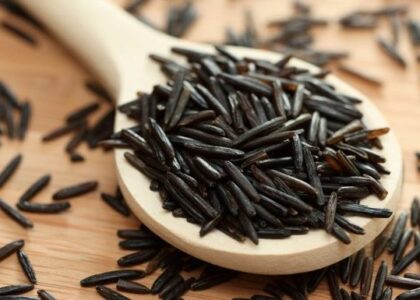Vitamins are essential organic compounds that play a crucial role in maintaining overall health and well-being. Women, in particular, have unique dietary needs due to various factors such as hormonal changes, pregnancy, breastfeeding, and menopause. In this comprehensive guide, we will explore the different vitamins that are important for women, their dietary sources, the role they play in the body, and the potential need for supplements.
Vitamin A:
Vitamin A is essential for maintaining healthy vision, promoting cell growth, and supporting the immune system. It is found in two forms: preformed vitamin A (retinol) from animal sources and provitamin A carotenoids from plant sources. Good dietary sources of vitamin A include liver, dairy products, eggs, sweet potatoes, carrots, spinach, and kale.
B Vitamins:
The B vitamins collectively play a crucial role in energy production, brain function, red blood cell formation, and metabolism. B vitamins include thiamine (B1), riboflavin (B2), niacin (B3), pantothenic acid (B5), pyridoxine (B6), biotin (B7), folate (B9), and cobalamin (B12). They can be found in whole grains, legumes, leafy greens, nuts, seeds, meat, fish, and eggs.
Vitamin C:
Vitamin C is a powerful antioxidant that supports immune function, collagen synthesis, wound healing, and iron absorption. Excellent sources of vitamin C include citrus fruits (oranges, lemons, grapefruits), berries, kiwi, bell peppers, broccoli, and tomatoes.
Vitamin D:
Vitamin D is crucial for bone health, immune function, and mood regulation. While our body can produce vitamin D when exposed to sunlight, dietary sources include fatty fish (salmon, mackerel), fortified dairy products, eggs, and mushrooms. However, it can be challenging to obtain sufficient vitamin D through diet alone, particularly for those with limited sun exposure.
Vitamin E:
Vitamin E is a potent antioxidant that protects cells from damage, supports skin health, and enhances immune function. Good sources of vitamin E include nuts (almonds, peanuts, hazelnuts), seeds (sunflower, pumpkin), vegetable oils (sunflower, safflower, wheat germ), and spinach.
Vitamin K:
Vitamin K is essential for blood clotting and bone health. It exists in two forms: vitamin K1 (phylloquinone) found in leafy green vegetables, and vitamin K2 (menaquinone) found in fermented foods and animal products. Excellent dietary sources include kale, spinach, broccoli, Brussels sprouts, liver, and fermented foods like natto and sauerkraut.
Vitamin B9 (Folate):
Folate is crucial for fetal development, preventing birth defects, and promoting red blood cell production. It can be found in leafy greens, legumes, citrus fruits, fortified grains, and liver. During pregnancy, it is often recommended to take a folic acid supplement to ensure adequate intake.
Calcium:
While not a vitamin, calcium is vital for women’s bone health and the prevention of osteoporosis. Good sources of calcium include dairy products, leafy greens, fortified plant-based milk, tofu, and sardines.
Iron:
Iron is essential for carrying oxygen throughout the body and preventing iron-deficiency anemia. Good sources of iron include lean meats, seafood, legumes, fortified cereals, and leafy greens. Iron absorption can be enhanced by consuming vitamin C-rich foods alongside iron-rich foods.
Omega-3 Fatty Acids:
- Omega-3 fatty acids are beneficial for heart health, brain function, and reducing inflammation. They can be found in fatty fish (salmon, mackerel), walnuts, chia seeds, flaxseeds, and algae-based supplements.
- While a well-balanced diet should provide most of the necessary vitamins and minerals, some women may have specific dietary needs or restrictions that make it challenging to obtain adequate amounts through food alone. In such cases, dietary supplements may be considered under the guidance of a healthcare professional. It’s important to note that excessive intake of certain vitamins can be harmful, so it is crucial to follow recommended dosages.
- In conclusion, ensuring adequate vitamin intake is vital for women’s overall health and well-being. A varied and balanced diet that includes a wide range of fruits, vegetables, whole grains, lean proteins, and healthy fats can provide most of the essential vitamins. However, in certain situations or with specific dietary restrictions, supplements may be necessary. Consulting with a healthcare professional or registered dietitian can help determine individual vitamin needs and provide appropriate guidance for supplementation.
- Vitamins for Women: Sources, Supplements, and Dietary Needs - July 15, 2023







